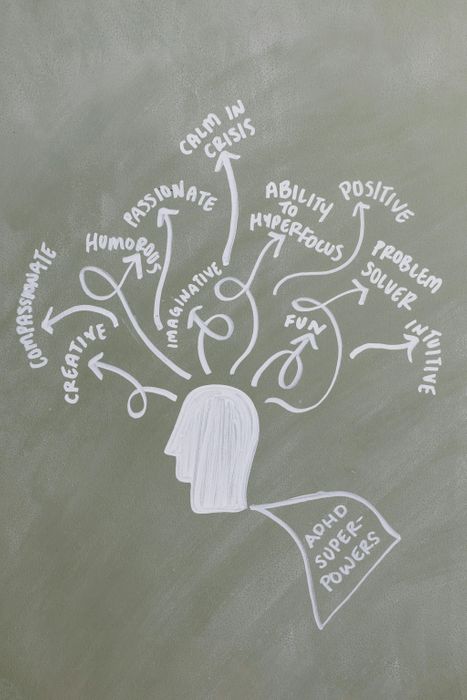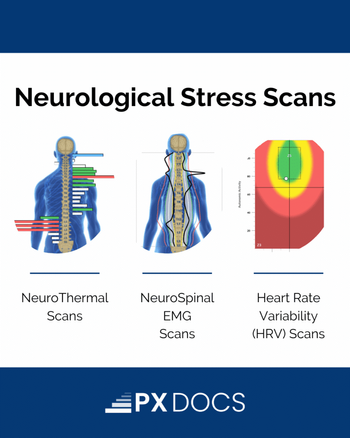For many people, ADHD is often framed as a deficit or disorder, something to be managed, fixed, or calmed down. But the truth is, when harnessed and supported in the right way, ADHD can become one of the greatest strengths a person has. What’s often misunderstood as being “too much”, too fast, too scattered, too intense, or too distracted, can actually translate into energy, creativity, vision, and resilience that fuel incredible achievements.
High-functioning ADHD has helped countless individuals power through rigorous academic programs, juggle multiple responsibilities at once, and even thrive in leadership roles. Instead of slowing them down, ADHD allows them to run at a pace most wouldn’t dare, while still building meaningful relationships, movements, and careers.
The shift happens when ADHD is no longer fought against but embraced as a unique design. Once the focus moves from “calming it down” to optimizing and regulating it, ADHD transforms from a struggle into a superpower.
One of the most powerful ways to support this shift is by understanding the critical role the nervous system plays in regulating and optimizing brain function. With tools such as neurologically-focused chiropractic care, supportive routines, and intentional strategies, ADHD can become a source of purpose, productivity, and passion.
This perspective is not just anecdotal. Many well-known individuals - from Will Smith and Richard Branson to Michael Phelps and Justin Timberlake - have openly shared how ADHD has fueled their energy, creativity, and performance. Their stories echo what thousands of others have experienced: ADHD is not a dysfunction; it’s a different design.
When supported properly, an overloaded and disconnected brain can be transformed into a fully functioning, wildly efficient engine, not only changing the life of the individual but also positively impacting the lives of those around them.
ADHD doesn’t have to mean brokenness. It can mean brilliance. And when optimized, it can unlock a level of resilience, purpose, and power that truly is a gift.





